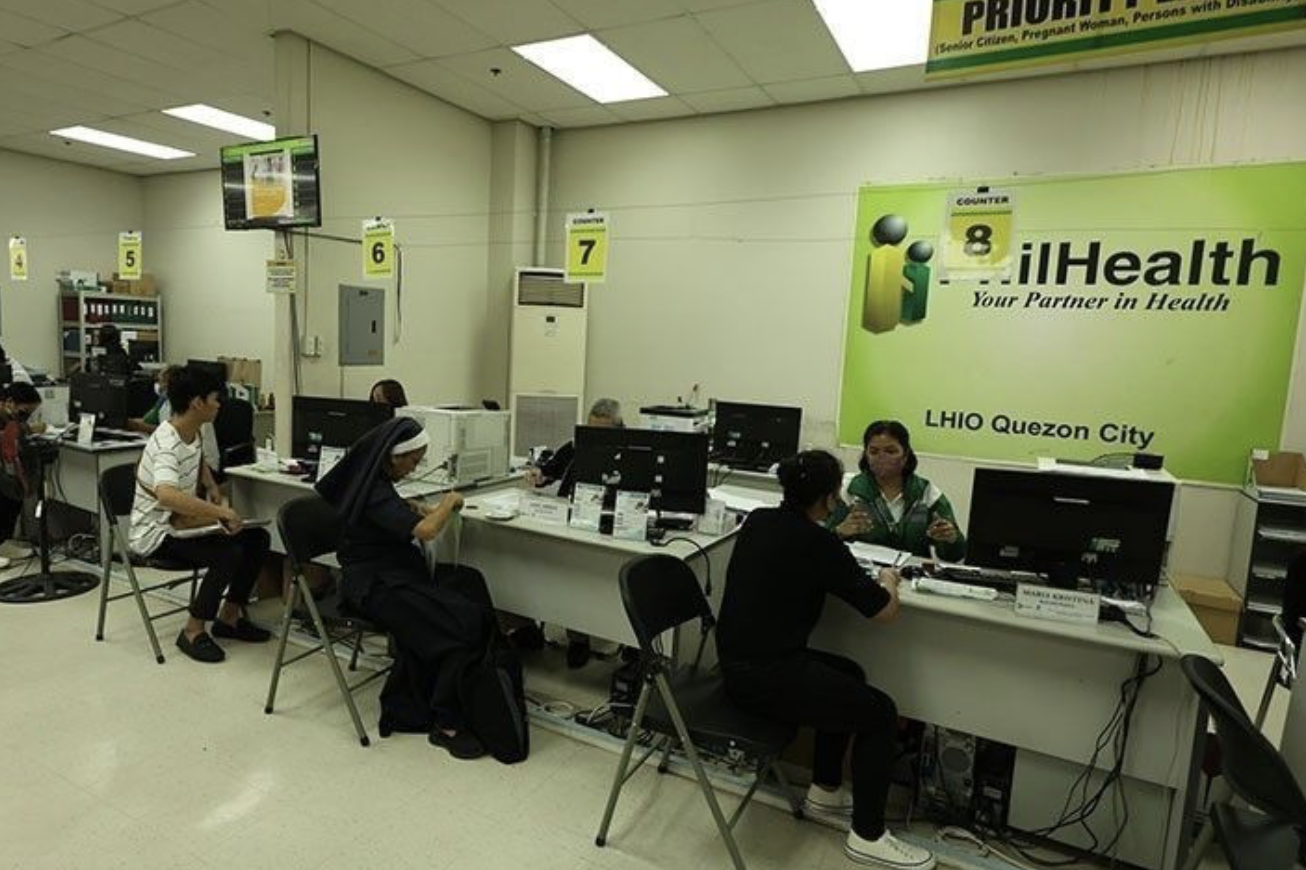
Making universal healthcare work in Philippines
In 2024, the Philippine government swept P60B in idle PhilHealth funds to the Treasury, triggering controversy and a Supreme Court halt on further transfers. The President pledged to restore the funds in 2026, but experts warn cash alone won’t fix service delivery or...
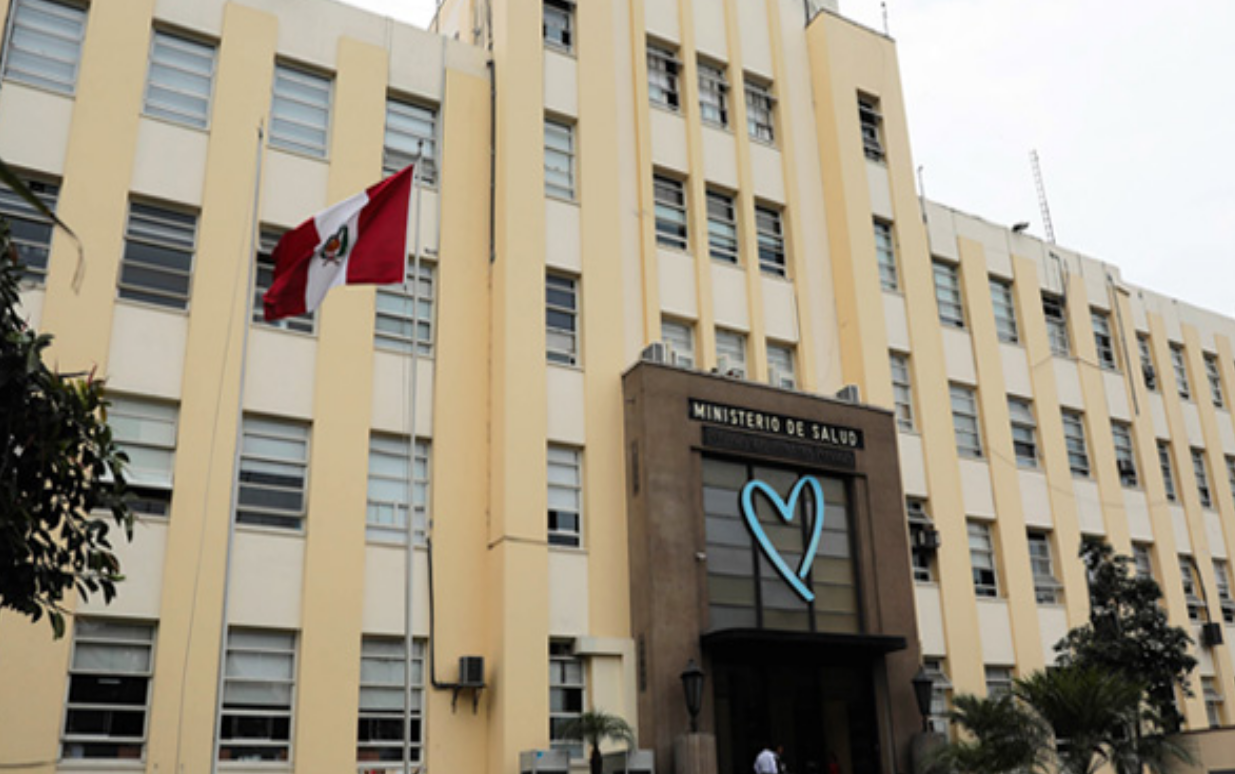
HIV-AIDS treatment guaranteed free of charge by MINSA in Peru
In September 2025, despite declining international support for health funding, the government of Peru is making efforts to guarantee free treatment for people living with HIV/AIDS.Peru's Ministry of Health (MINSA) announced at the beginning of September 2025, that it...
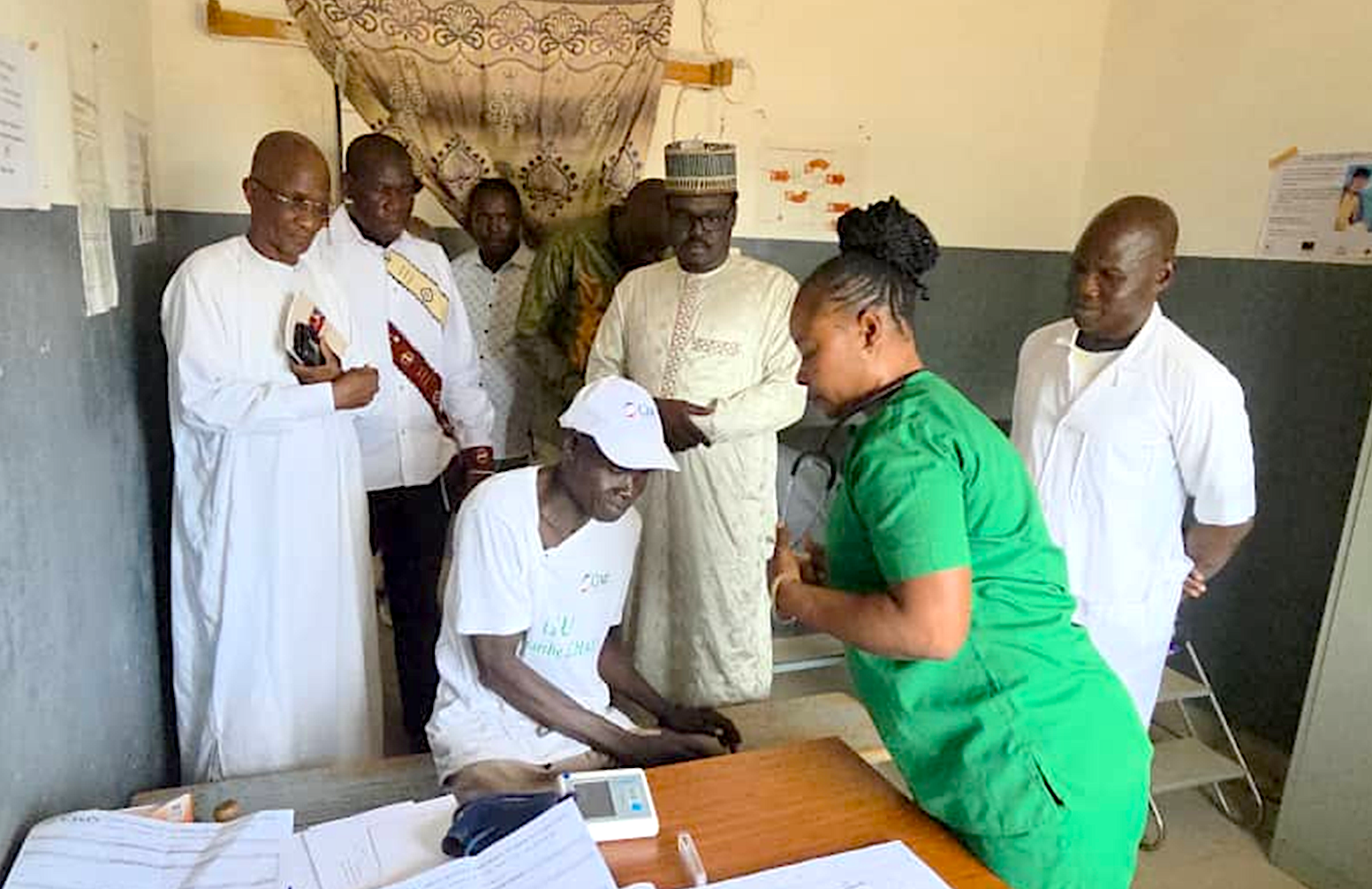
CSU Medical Assistance in Chad cares for the needy
In Chad, the pilot phase of the Medical Assistance Scheme (AMED) for the economically deprived in June 2025 has begun. The Caisse Nationale d'Assurance Santé (CNAS) has carried out a series of decisive activities in three pilot districts. At the end of June 2025, the...

NHS Continuing Healthcare: deepening inequality and the ‘Postcode Lottery’ in access to vital care across England
NHS Continuing Healthcare in England is marked by stark regional inequalities, with eligibility and funding varying dramatically by postcode. Despite rising demand and spending, fewer people are deemed eligible, and inconsistent processes mean many miss out on vital...
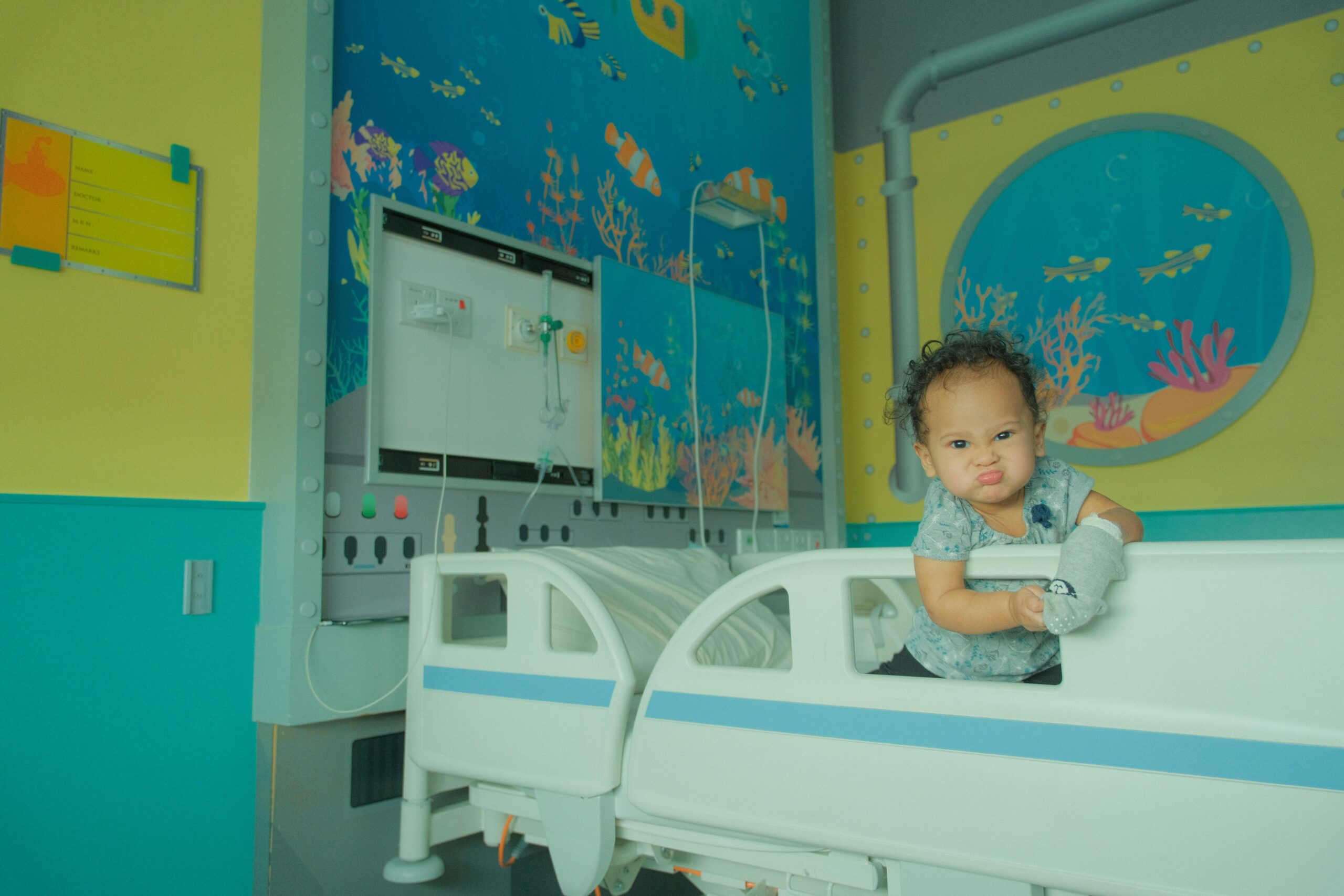
Malaysian think tank renews call for health and social insurance, removal of sugar subsidies
The Galen Centre urges a national health and social insurance scheme with employer-employee contributions, removal of sugar subsidies, and scrapping of outpatient/specialist charges at public facilities to better fund health, aged care, and combat diabetes. The Galen...
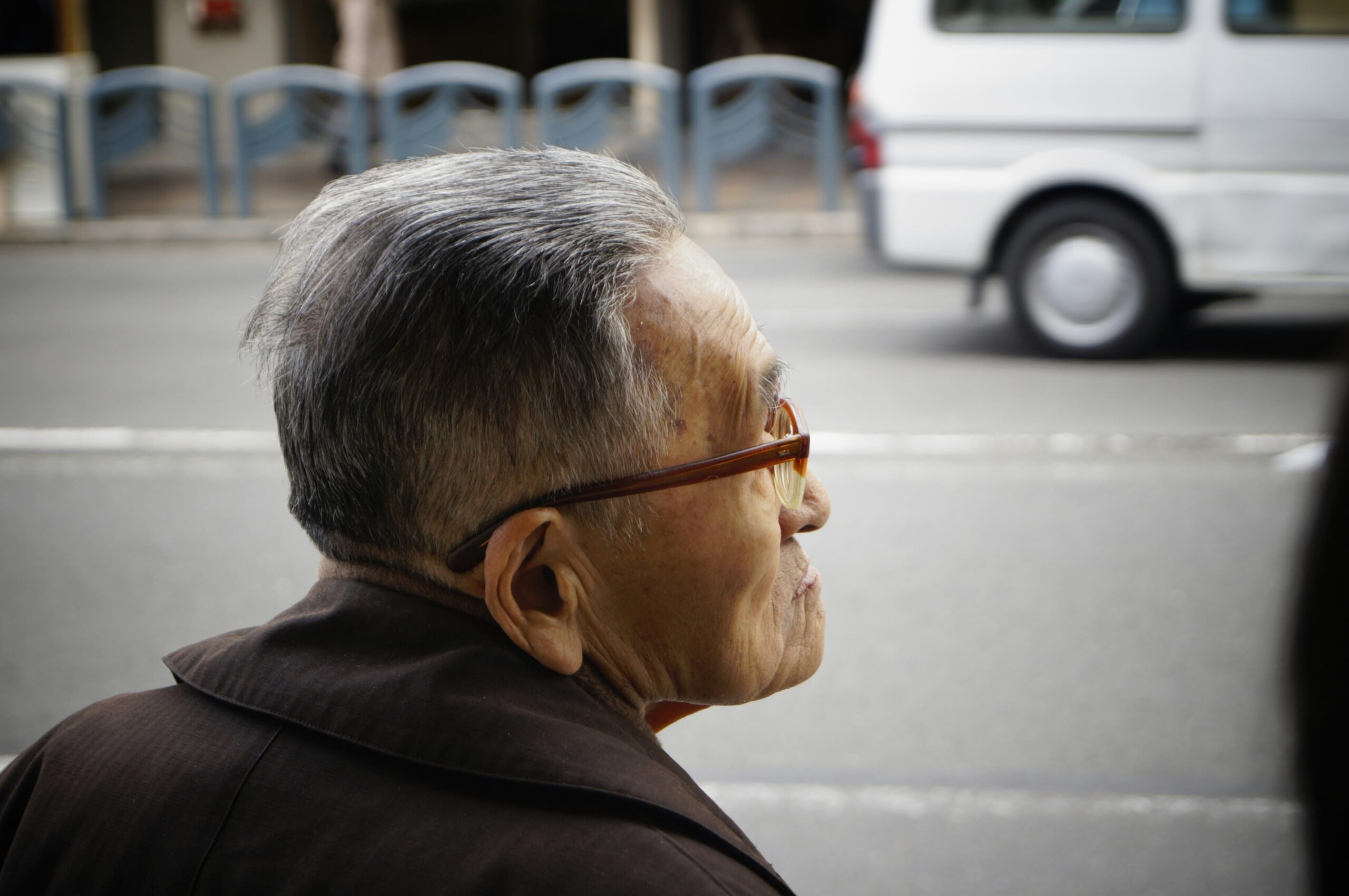
Japan’s Aging Crisis Pushes Health Insurance Premiums to Record Highs
Japan’s aging population is driving up medical costs, with elderly care subsidies hitting 3.86 trillion yen and premiums at a record 9.34%. Nearly half of health insurance funds go to seniors, straining company associations and the state, prompting reforms to make...
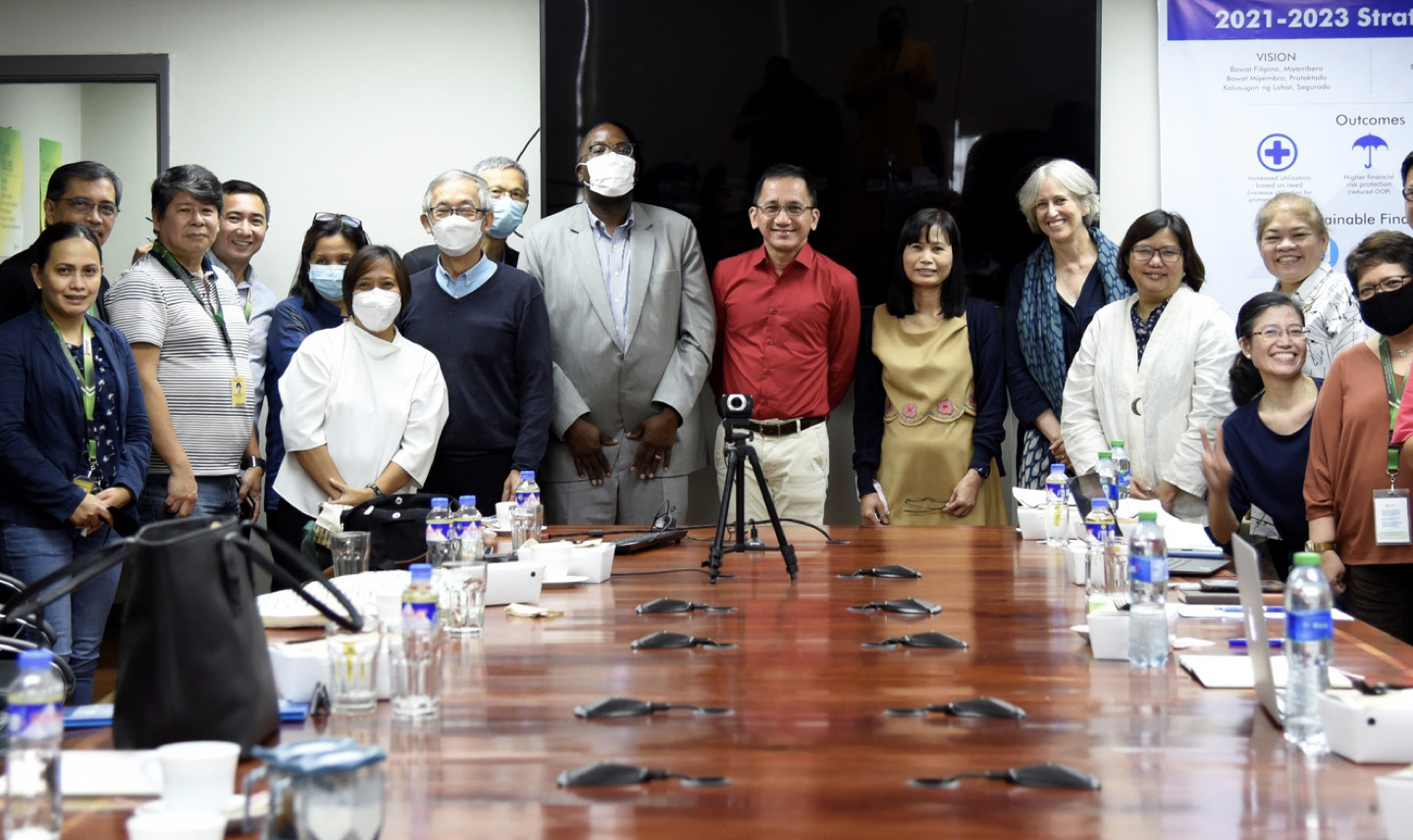
Philhealth explores data-driven overhaul of hospital payments for universal healthcare
Philippine health officials, with support from Thailand’s NHSO and the World Bank, are studying global budgets, DRG systems, and electronic claims to cut out-of-pocket costs and advance universal health care. Lessons from Thai hospitals aim to guide PhilHealth’s DRG...
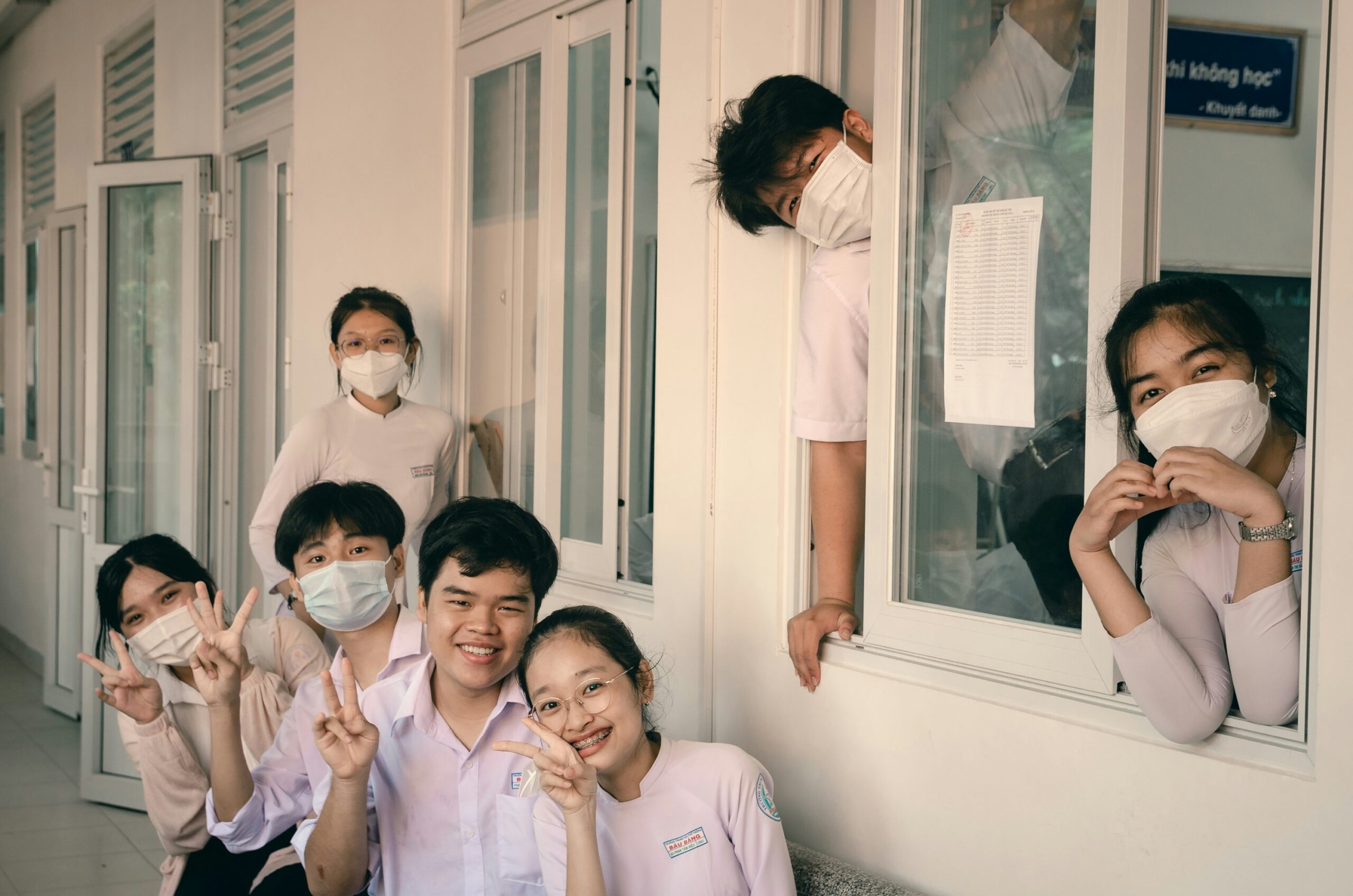
All citizens in Vietnam to receive basic medical care free of charge by 2030
Vietnam’s Resolution 72 charts major healthcare reforms, shifting focus to prevention and primary care. By 2030, commune stations will be fully staffed, essential costs covered by insurance, and digital health expanded. Incentives, training, and ethics aim to build a...
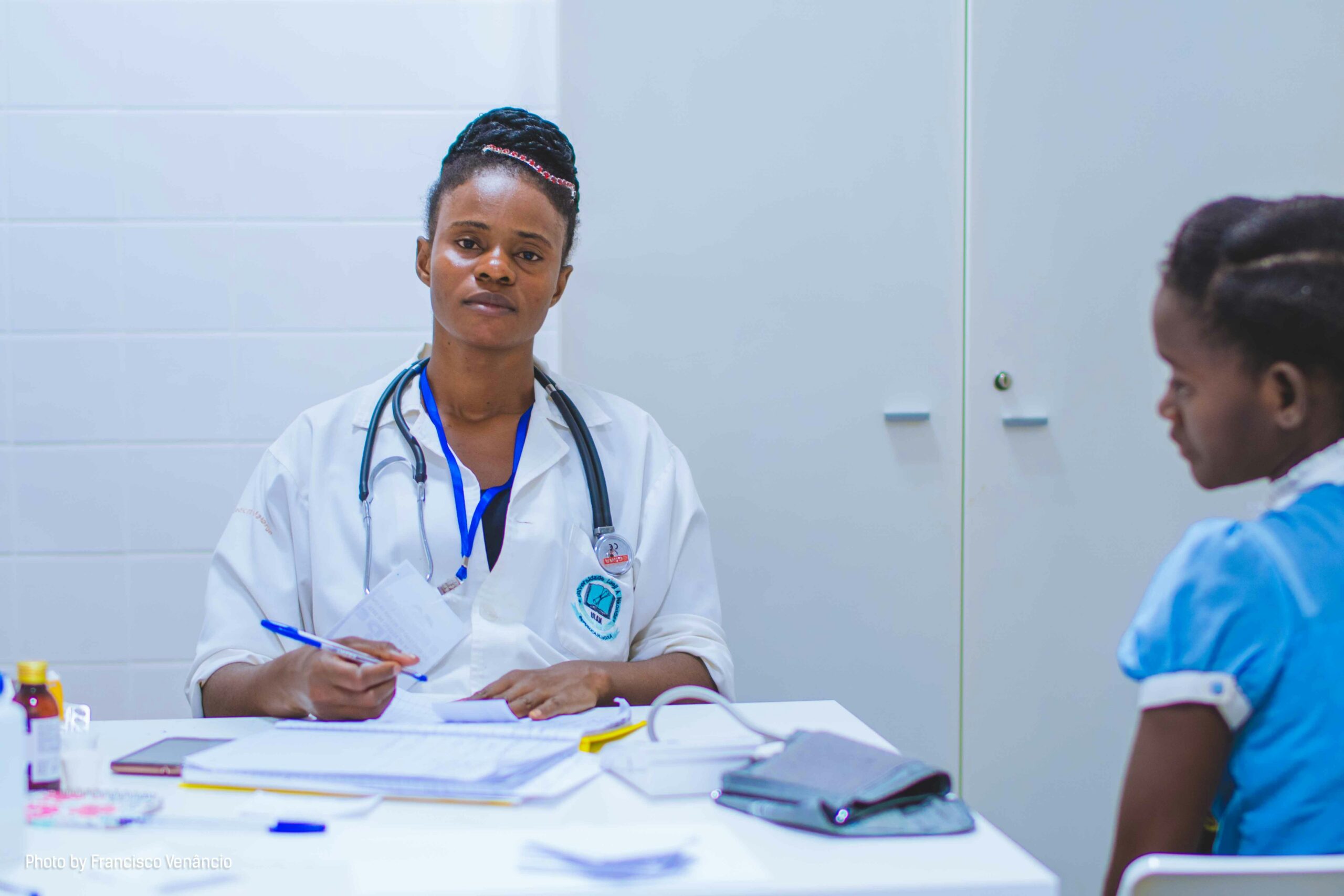
Study Calls for Overhaul of Provider Payment Systems to Strengthen Tanzania’s Universal Health Insurance
A 2023–25 IHI–LSHTM study urges reform of Tanzania’s provider payment mechanisms as UHI rolls out. NHIF’s fee-for-service is reliable but paperwork-heavy, while capitation faces delays and low rates. Researchers call for fair, timely, and simple systems to boost...

More Investment Is Needed In New Zealand Health System
New Zealand’s tax-based health financing has remained stable but historically underfunded, with spending below OECD peers. OECD data is unreliable due to lack of updates and GST distortions. Adjusted 2023 figures show ~10.2–10.4% of GDP, close to averages; shifting to...

Health taxes, an option for tackling Cameroon’s health budget deficit
Cameroonians are wondering whether health taxes could be part of the answer to tackling the challenge of the health budget deficit. These taxes can have a dual action, generating financial resources and reducing costly non-transmissible diseases. In September 2025,...
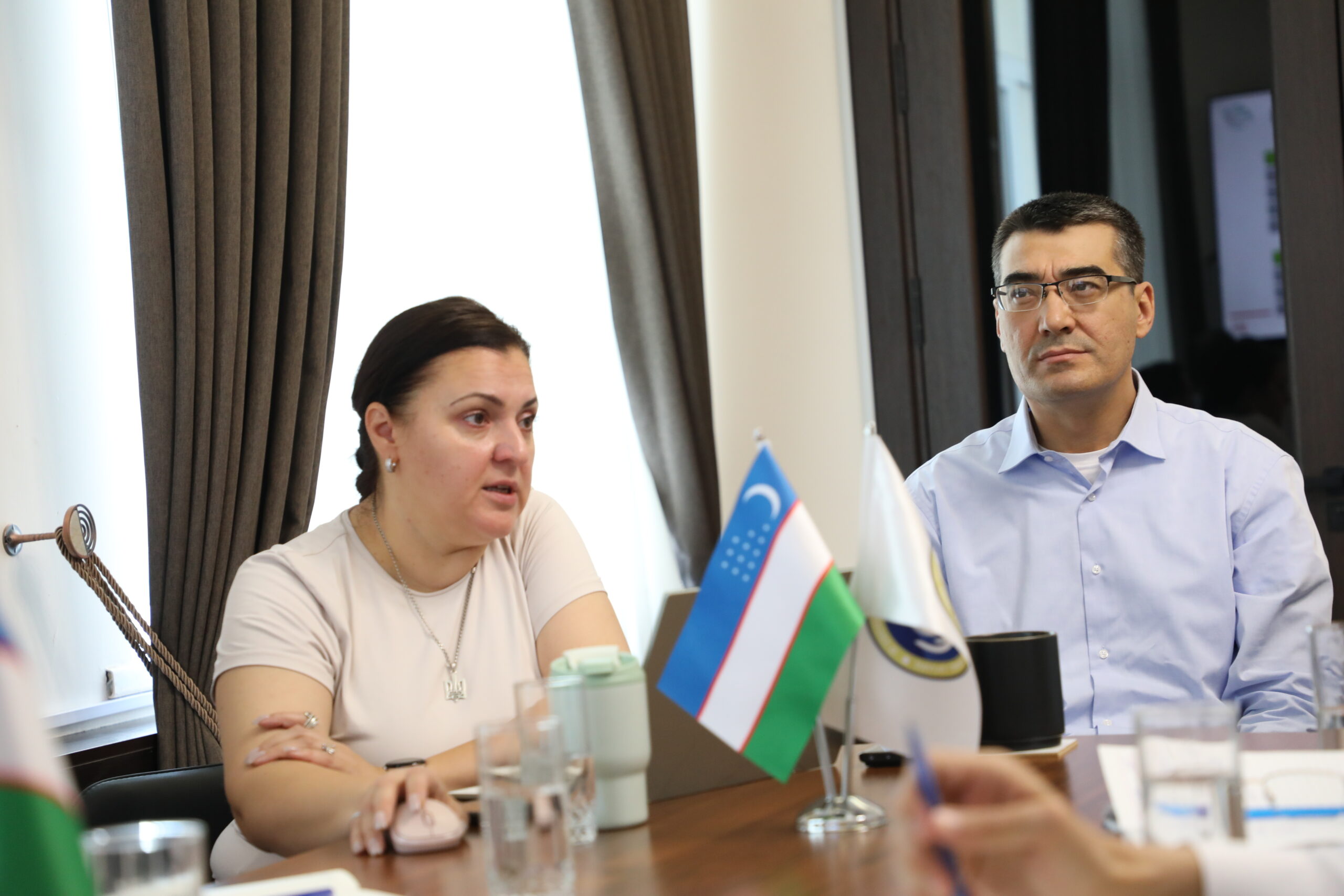
Strengthening Drug Reimbursement in Uzbekistan
GIZ BACKUP Health supports Uzbekistan’s State Health Insurance Fund in scaling up its drug reimbursement system — advancing universal health coverage and improving access to essential medicines.In June and September 2025, consultant Nataliia Hnatyuk provided targeted...
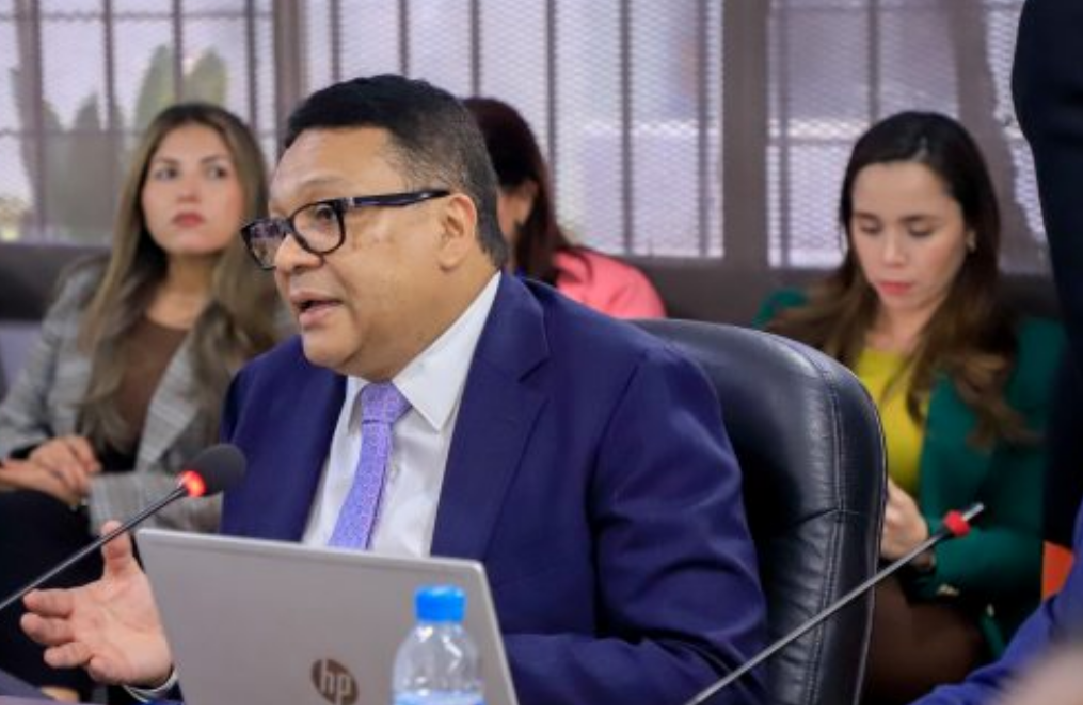
Panama’s National Assembly discusses 2026 health budget
Summary: The Budget Commission of the National Assembly of Panama met on September 16, 2025 to discuss the draft health budget for the year 2026.El 16 de septiembre 2025, la Comisión del Presupuesto de la Asamblea Nacional de Panamá se reunió para discutir el...
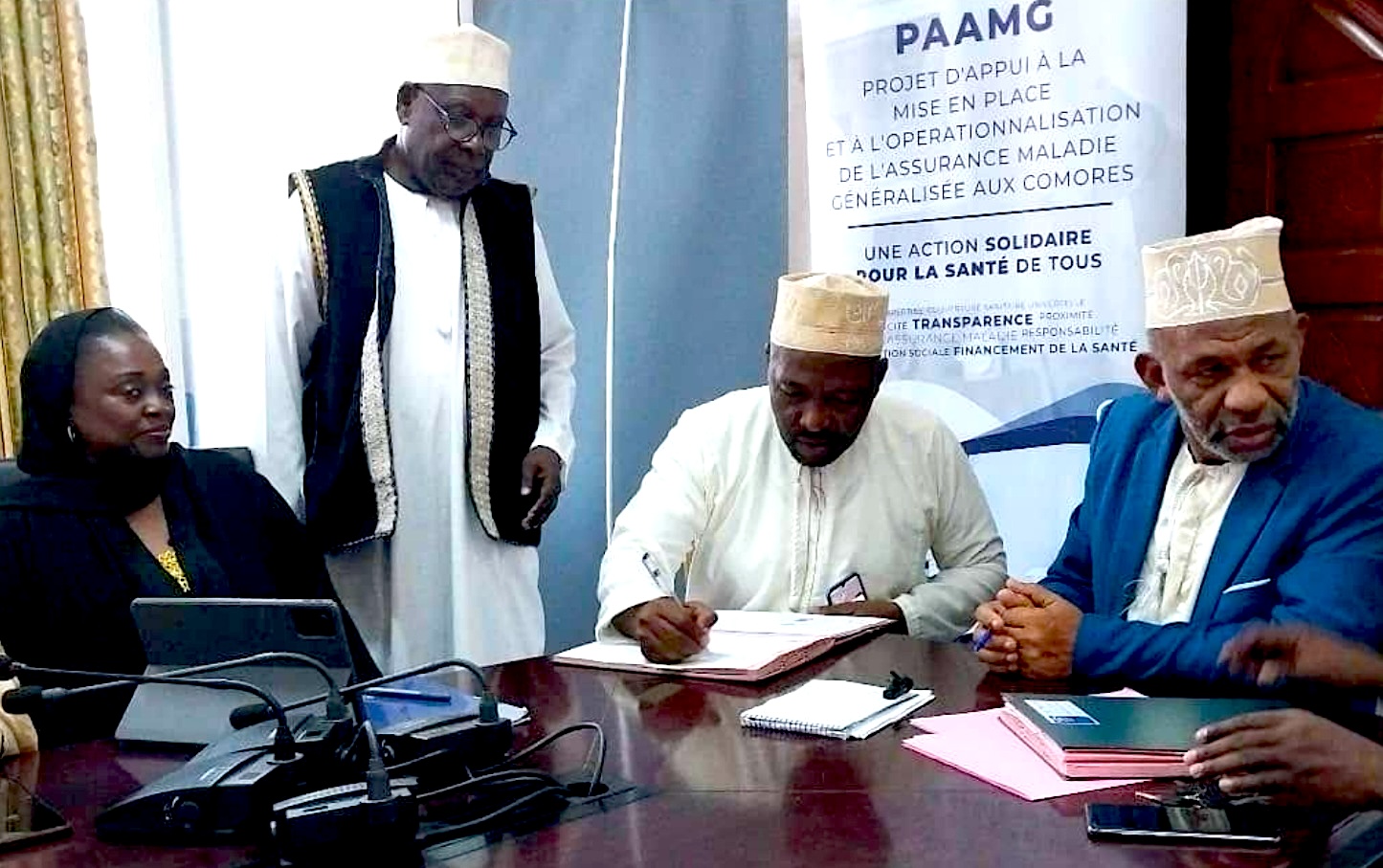
Pilot phase of health insurance in Comoros
The experimental phase of generalized health insurance in the Comoros was launched in June 2025. This is a concrete step towards universal health coverage in the country. In June 2025, the pilot phase of generalized health insurance in the Comoros was agreed between...
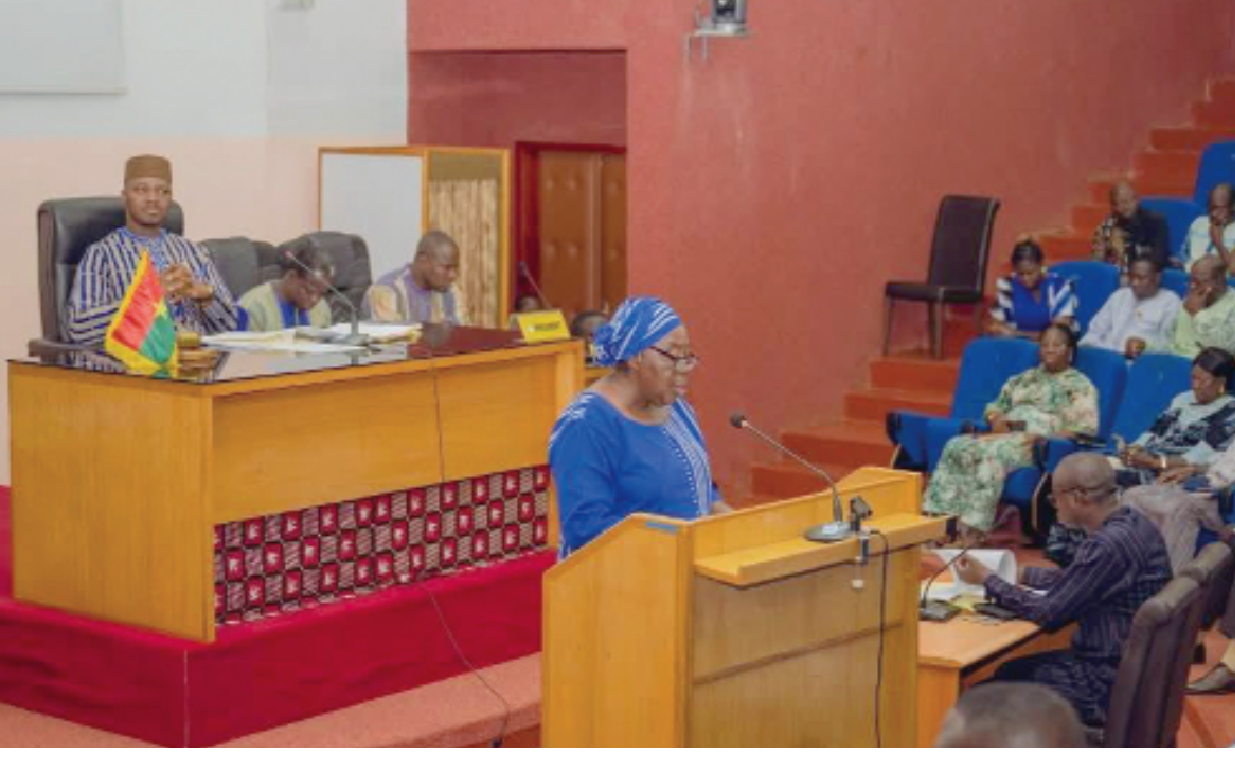
Results of the free mother-child care policy in Burkina Faso
Since 2016 there has been a national policy of free healthcare for mothers and children in Burkina Faso. The government returned the fairly positive results of evaluation missions of this policy in Ouagadougou in June 2025, with some recommendations to improve...
